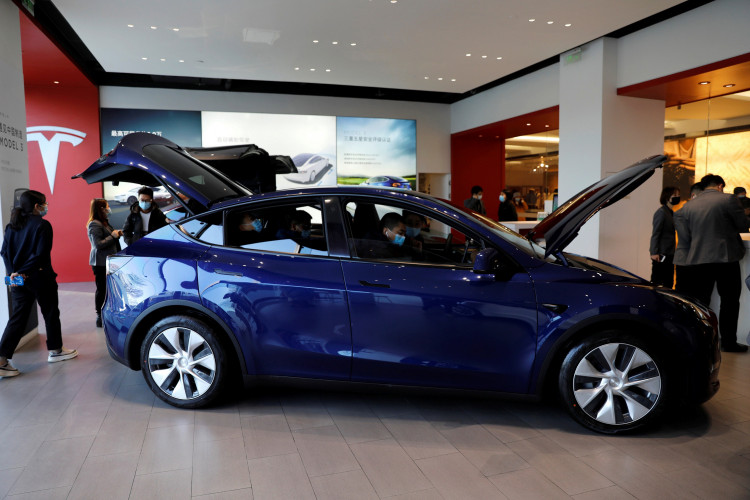In Q1 2023, Tesla plans to dramatically increase the output of its Model Y at its Gigafactory Texas facility.
Tesla has been providing updates on the Gigafactory Berlin production ramp, where since last month 2,000 Model Y automobiles have been produced each week. The manufacturer is also Gigafactory Texas is ramping up output at the same time. However, Tesla is a little bit more mum when it comes to the Austin factory's output pace.
Tesla announced in June that it was producing 1,000 Model Ys a week, and in September it announced that it had produced its 10,000th Model Y. However, unlike with the Gigafactory Berlin, the corporation never verified a manufacturing rate of 2,000 units per week. However, we now know that Tesla is very optimistic about the Gigafactory Texas production ramp.
According to a trustworthy source, Tesla is presently planning for 75,000 Model Y vehicles to leave the Gigafactory in Texas in the upcoming quarter (Q1 2023). That would mean that over the entire quarter, Tesla produced more than 5,000 units per week at its Gigafactory Texas facility.
Despite planning for that level of output in Q1 2023, Tesla is not in a rush to reach that level of production in Q4 as it is still setting up the logistics to manage that kind of volume rise in the U.S. Generally speaking, Tesla hopes to reach 5,000 units per week with the Model Y at Giga Texas before shifting its attention to Cybertruck manufacturing.
Furthermore, Tesla is already experiencing some cancellations in the U.S. as a result of lengthy wait times that cause certain customers' circumstances to change between the time they place their order and the actual delivery.
Additionally, some customers are asking Tesla to delay their delivery so they may take advantage of the anticipated new EV tax credit. As we've previously mentioned, when it comes to the new EV tax credit, Tesla is less lenient than other automakers and is holding its customers to their order commitments.
The upcoming tax credit has made the situation in the U.S. a little bit more complicated in the interim.
Deliveries cannot be pushed in an effort to qualify for the tax credit that will be in place starting in 2019. Due to this circumstance, Tesla is anxious about having a large number of vehicles in inventory in the United States, as it had during the previous quarter.




